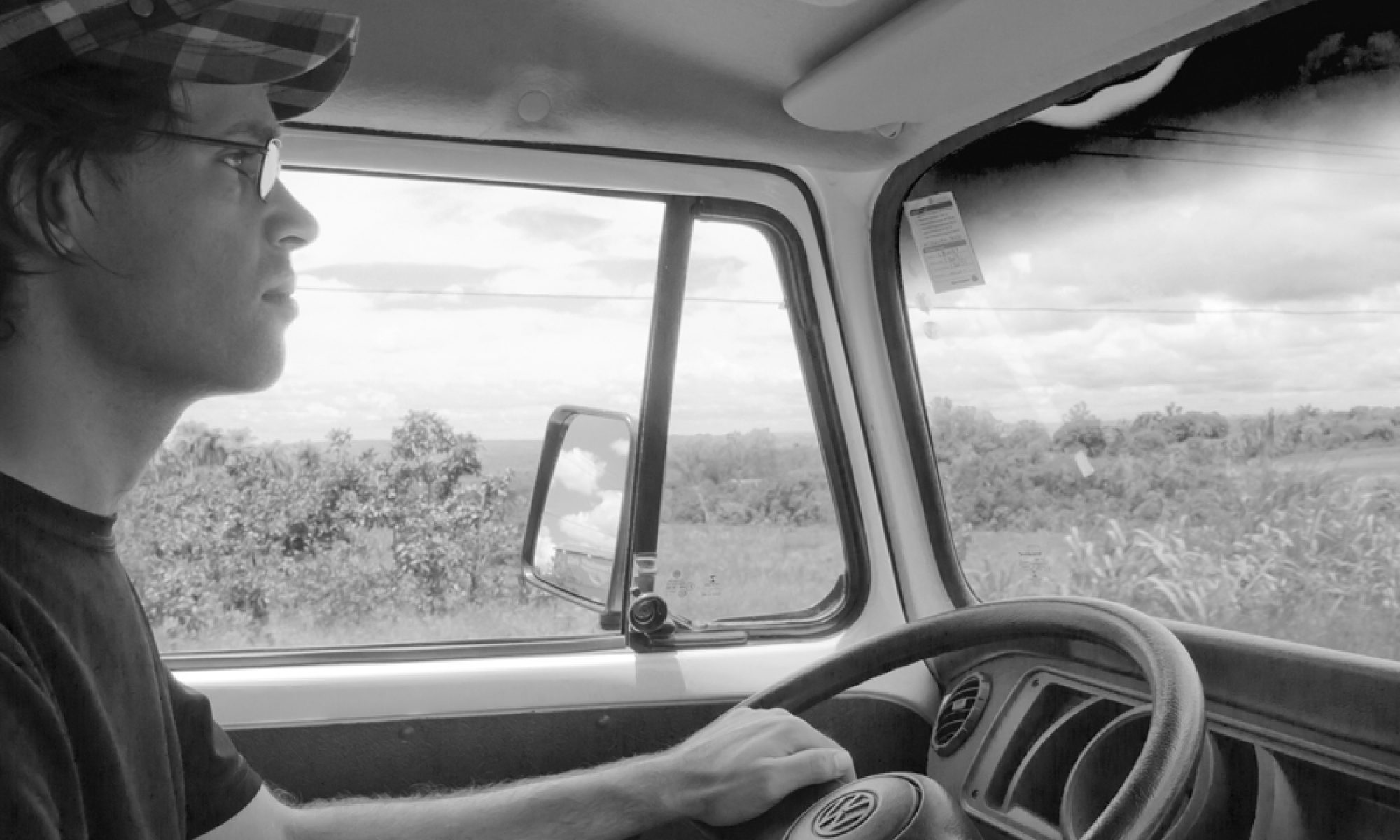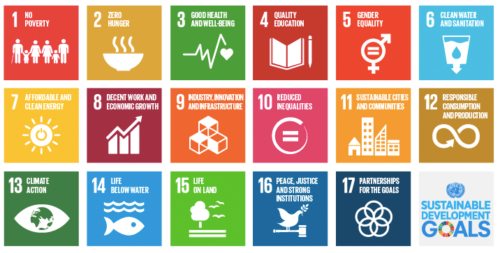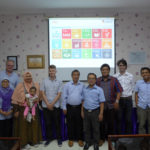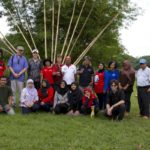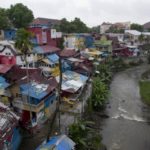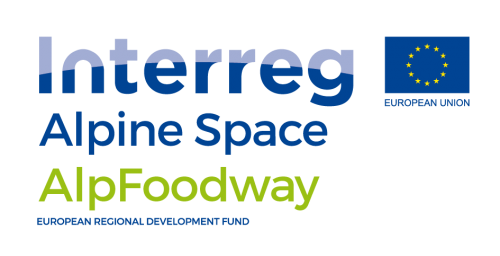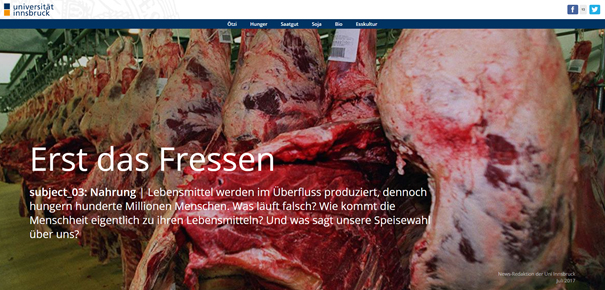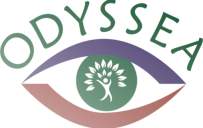Understanding cultural contexts of SDG implementations was at the core of two AGEF projects, financed by ASEA UNINET. In close cooperation with the Universitas Gadjah Mada in Yogyakarta and the Sebelas Maret University in Surakarta, local-regional implications of Sustainable Development Goals 11 (Sustainable Cities and Communities) and 15 (Life on Land) have been analysed and put in a South-North-South (South America – Europe – Indonesia) comparison. Continue reading “Project with Indonesia: Cultural contexts of SDGs in a South-North-South perspective”
AlpFoodway
Foodways are socioeconomic and cultural practices related to food production and consumption. Food heritage is a strong identity source for alpine populations. It goes beyond products to include productive landscapes and traditional knowledge on production techniques, consumption customs and rituals, and the transmission of ancient wisdom. Depopulation, ageing population and globalization put Alpine food heritage at risk of disappearing. The project will create a sustainable development model for peripheral mountain areas based on the preservation/valorization of Alpine Space cultural food heritage and on the adoption of innovative marketing and governance tools. It will also foster the emerging of a transnational alpine identity based on the common cultural values expressed in food heritage. Continue reading “AlpFoodway”
New UIBK subject_dossier: FOOD – I am part of it
Innsbruck University has started a new cross-disciplinary and themed format. Subject_3 deals with food – and I have contributed his knowledge on soy, its production and envirionmental justice.
To see the full multivisual dossier, follow this link (DE):
Transitions towards sustainable regional development
A comparative study of rural mountain regions in the Global North and South
[2015 – 2016]
Societies around the world are facing several challenges resulting of persistent problems like climate and demographic change, environmental pollution or economic restructuring in the face of globalization. In order to deal with these problems the normative concept of sustainable development has emerged in the last decades. The transdisciplinary project “Transitions towards sustainable regional development” wants to identify processes which lead to more sustainable forms of society. Particularly we focus on transition processes in peripheral rural areas of Northwest-Argentina (Valles Calchaquíes) and Vorarlberg (Großes Walsertal) using the heuristic framework of transition studies. Continue reading “Transitions towards sustainable regional development”
MSCA-RISE Project: ODYSSEA
Observatory of the Dynamics of Interactions between Societies and Environment in the Amazon
[2016 – 2020]
Achieving a sustainable development trajectory in Amazonia is one of the key challenges facing Brazil, and is also an important international concern. ODYSSEA assembles an internationally renowned European and Brazilian multidisciplinary and intersectoral team. We aim to produce fundamental science and tools in order to build an innovative multi-and interdisciplinary observatory to monitor and assess dynamic interactions between Amazon societies and their environments. This observatory will serve as a basis for policy development that integrates social, environmental, political-economic and human health dimensions. Our methodology puts the society at the heart of the observatory’s building process, engaging stakeholders and decision makers in the research to favour advancement of their objectives and commitment to sustainable development issues. Continue reading “MSCA-RISE Project: ODYSSEA”
1st Austrian Conference on International Resource Fairness
“Towards International Resource Fairness – Theories, Conflicts and Policies”
International researchers and practitioners met at the the kick-off event of the transdisciplinary Network “Faire Ressourcenversorgung” (“fair provision of resources”) held from 4-6 December 2014 in Vienna.
Natural resources have become a key issue in international politics. Competition for access to and control of natural resources has intensified, and so have conflicts over the distribution of benefits as well as over negative environmental and social impacts of exploration and production. In this context, the question arises of how to conceptualize “resource fairness”, i.e. how access to, distribution and use of natural resources can be organized in a way that takes into account the legitimate interests of all actors and institutions involved. In this context, far-reaching questions emerge with regard to the current modes of production and living.
For a more detailed review (in German) click here.
